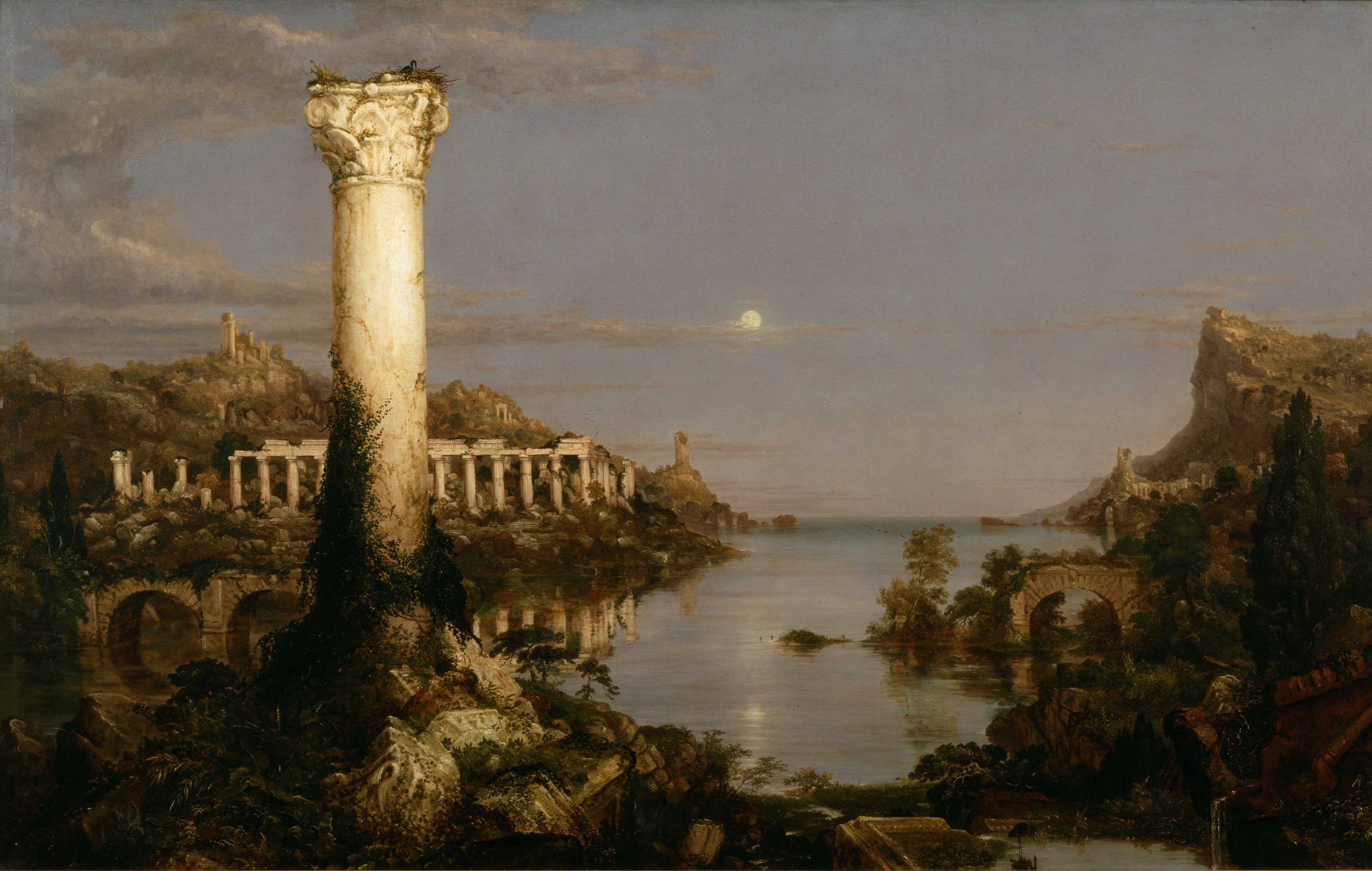Rivers of time and change: searching for certainty amid the shifting faces of others and ourselves.
How else should I understand the River of Babylon than as the expression of how things do not, as we have carefully observed, endure? For such is the nature of a river: it both flees and stays at the same time. Although the waters flee, the river remains. Indeed, that is what Heraclitus meant to say when he said, “We step into the same river twice and yet we do not”….
How much more helpful is it to a mortal that the earth stays steady while he changes, although not even the same (if we would speak the truth), rather it moves on, granted more subtly, toward its own end? It is also to our benefit that the cities in which we are born and raised endure a longer time, although we see them grow old and die. Let no city hope for immortality because we see that Rome, the chief among our own cities, is mortal….
A greater observation occurs to me, I confess. A swifter and more obvious stream lays hold of humanity, for although the waters of a river flee, its appearance remains the same. However, as the years of a man’s life slip away, his appearance is so different and so altered that after a short time he cannot be recognized, even by friends and kin. Thus, as boyhood obscures infancy, and adolescence obscures boyhood, and adulthood, which the naturalists falsely call permanent, obscures both, old age removes all other ages the same way.
Francesco Petrarch, On Religious Leisure (1347/56) trans. S.S. Schearer, revised
For another meditation on time, see here.






Leave A Comment